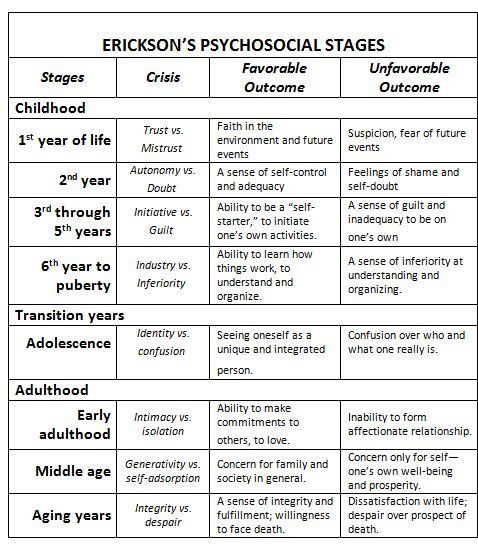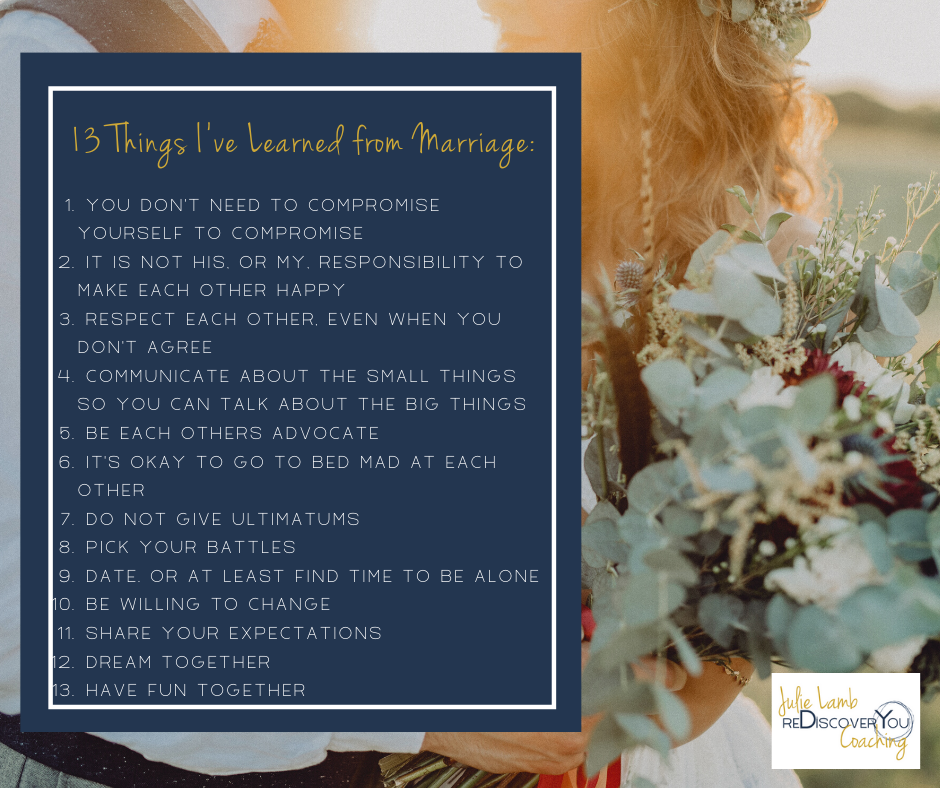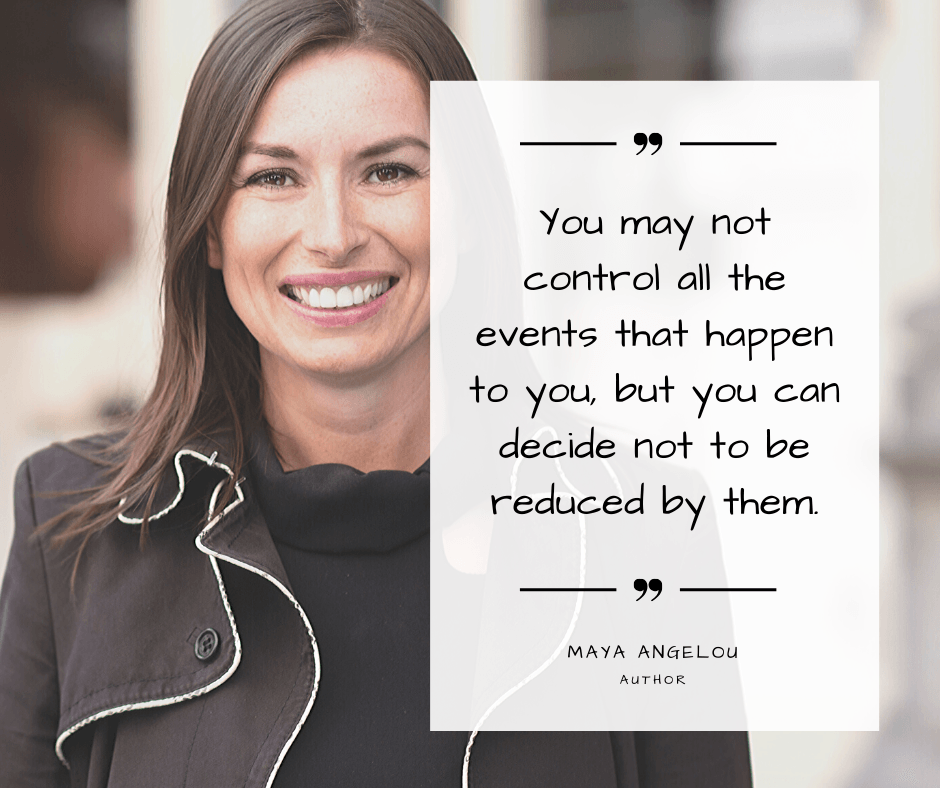Parenting with Love
This last weekend I gave a presentation on parenting as related to behavior, choices and consequences. I want to share parts that I feel are most helpful to all of us as parents. But first, ask yourself: what are my strengths and weakness as a parent?
BEHAVIOR
When we think of behavior we need to understand that it is defined as how we act or conduct ourselves with others. This basis then begs the question: is the behavior a problem because we say so? or does someone else say it is? So ask yourself, where does your thoughts on behavior come from? What do you value, believe and think?
These beliefs on behavior then impact our interactions with our kids. I believe in Erik Erikson's developmental model. He states that each child has to achieve certain developmental emotional levels and if they don't, that person will be stuck in those areas.
The biggest take away from this model is that we want to instill hope and confidence in our kids. We do that by working together for the benefit of our children.
PARENTS RESPONSIBILITIES
There are many responsibilities as parents that we must have to help our children know the right choices to make.
- Teach by example . We must first have our life in order so that our children will grow up with the values we want them to have
- Give children responsibilitie s . When we overindulge our children, or give them everything they want, when they want it, we create a need for "instant gratification." No longer will our children be patient but they will expect you to do everything for them and instantly. To help combat that, work alongside your children and teach them that work leads to privileges.
- Clarify expectations . Be positive and specific in the reasonable expectations for your child. If they don't know what the rules are, or the expectation, how can they know how to meet it?When parents fail to clarify expectations, a wall of frustration and resentment may develop, creating emotional distance between them and the child. Clearly expressed expectations remove uncertainty and disappointment.
- Give choices. Be consistent in the choices you give your child, but also limit the choices to achieve the outcome you need.
Our children need to know what the rules are. How can they be expected to follow them if they are unaware of what is expected in the first place? They also need to know what the consequences are to not following the rules.
When it comes to consequences remember: It's not always a matter of knowing right from wrong; our children know what is right, they know what is wrong; it is often a matter of having the strength and knowledge to choose the right, based upon what they have been taught.
Parents who protect their children from the negative consequences of misbehavior do them a great disservice, preventing them from learning the value of obedience. When you can’t say no, children run the risk of not learning important values like hard work, delayed gratification, honesty and compassion. At the same time, telling your kids how terrific they are without requiring anything substantive from them results in lazy, demanding, disrespectful, undisciplined children and teenagers.
Did you know thatparents typically ignore 95-97 percent of all the appropriate and good things their children do. But if a child misbehaves, parents are 5-6 times more likely to pay attention to that behavior. So why do children act out? To get their parents attention. Often this behavior lead to anger from parents. We want our kids to listen and follow the rules we set out for them, and when they don't we feel frustrated.
One of the best ways to combat anger is to refuse
to argue because contention
cannot continue when no one is against you. Well that sounds simple enough, but hard in practice. If we can remember that children
want parental attention and when they don’t get it through negative behavior, they usually
calm down and engage in more socially acceptable behavior. So listen to understand your child; hear their side of the story and look at it from their point of view. Most importantly, if it feels like the conversation is escalating, don't be afraid to take a break before getting even angrier.
Our children really just want to be heard. They want to know that we are there for them in all aspects of their life. Take a look at where you are as a parent and evaluate if there are things that you need to let go of to be a more present parent. Maybe we need to put down the electronic devices, or put away the expectations from social media. Whatever it may be, make a plan to help strengthen your family.
PLAN OF ACTION
Write out the rules and expectations of your family. Then discuss the consequences for not following the rules. Be consistent with your children but most of all, love them. Spend time with your children and let them know that you are their advocate in all things.















